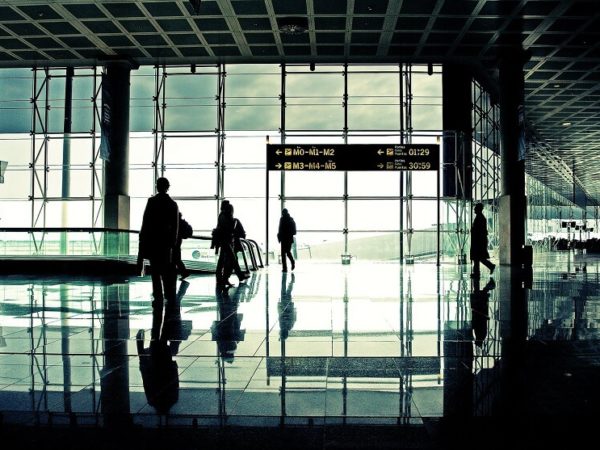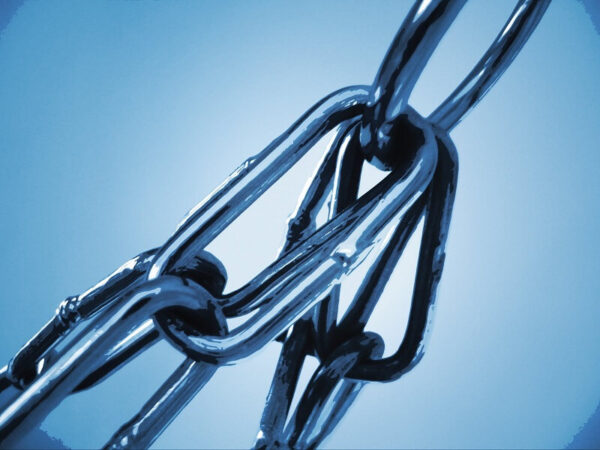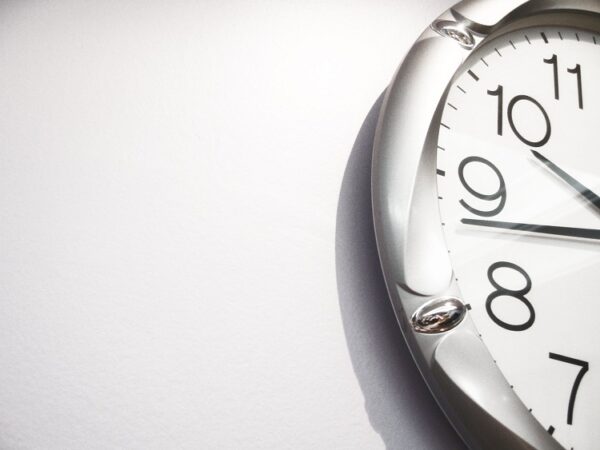The European Union (EU) prides itself on its connectivity and allegiances. Its people can move freely from border to border, and goods are also traded in abundance. But in 2020, the freedom of movement became a huge problem as the COVID-19 pandemic spread around the world and left a trail of destruction in its wake.
The Digital Green Certificate was created to help slow the spread while still allowing for free movement in the EU. As of 2021, it is slowly being integrated into EU member states and could be fully in place by the end of the year.
The Digital Green Certificate
We’re all getting used to a “new normal”, from wearing masks in public spaces to social distancing and regular COVID tests. The Digital COVID Certificate, (also known as the Digital Green Pass) and COVID passports in general, are just another new measure that we will have to get used to.
The purpose of the Digital Green Pass is to show that a traveler has been immunized or has recently tested negative for COVID-19. It will also be granted to individuals who have the antibodies after recently recovering from COVID-19.
The system became operational on the 1st of July 2021 and it will remain in place for at least 12 months. If the pandemic continues well into 2022, then it’s likely that the Digital Green Pass will be extended.
Bulgaria, Denmark, Germany, Greece, Czechia, Poland, and Croatia connected to the network on June 1st, and both Lithuania and Spain joined them a week later. It is expected that all EU member states will eventually join the program.
Who Qualifies for a Digital Green Pass and Why?
There are three types of people who will qualify for a Digital Green Pass:
- Individuals with a recent negative test result: Although the accuracy of many rapid COVID tests has been called into question, a lab test is very accurate and proves that the recipient is free of the virus.
- Individuals with proof of vaccination: In most cases, you will need to prove that you have had your full dose. COVID vaccines are very effective and while it’s still possible for an individual to catch the virus, the risk of serious illness is much lower and they are also far less contagious.
- Individuals who have recently recovered from COVID-19: An individual who has had the virus and has recovered should have the necessary antibodies to fight the disease. They are also considered to be very low risk for contracting it again.
Of course, saying that you have been vaccinated against COVID-19 or received a negative test a few days ago isn’t enough. It needs to be officially recorded as it’s the health authority that provides the necessary information to the Digital Green Pass database.
How Does the Digital Green Pass Work?
The Digital Green Pass will be provided by national health authorities to prove that an individual has been vaccinated, tested negative, or has recently recovered from the virus.
The certificate will include a QR code that is verified by an official EU database. When the QR code is scanned, it will show that the individual has met the necessary requirements and can travel freely throughout the EU.
The Digital Green Pass is completely free of charge and it is valid across the EU and the Schengen Zone. It is available in English and in the language of the relevant member state.
Do I Need a Digital Green Pass?
If you reside in the European Union or Schengen Zone, you will need a Digital Green Pass if you wish to travel freely.
Non-EU citizens may also need to meet certain requirements for international travel, and there are currently a number of “COVID passports” being tested all over the world.
It’s an ever-changing system and decisions are being made very quickly, so if you intend to travel anywhere in the near future, it’s important to check with your local authorities to make sure you know what is required of you.




